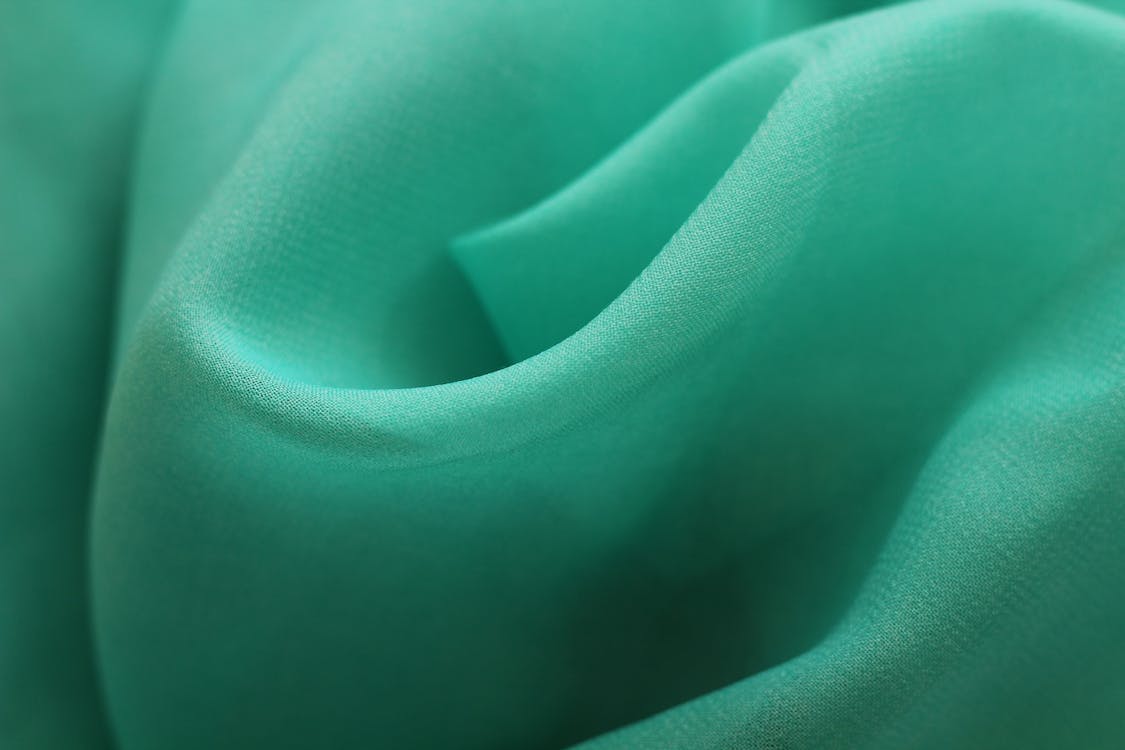
FAQ About Differences in Polyester
Differences in Polyester
2 years ago | gizem
How does polyester compare to wool?
Polyester and wool are two distinct fibers with different characteristics. Here's a comparison between polyester and wool:
- Source: Polyester is a synthetic fiber derived from petroleum-based products, while wool is a natural fiber obtained from the fleece of sheep or other animals.
- Warmth: Wool is known for its excellent insulation properties and natural warmth. It has a higher warmth-to-weight ratio compared to polyester. Wool fibers trap air pockets, providing insulation even when wet. Polyester, while it can provide some warmth, is not as effective in retaining heat as wool.
- Moisture Management: Wool has natural moisture-wicking properties, meaning it can absorb moisture from the body and release it into the air, keeping the wearer dry and comfortable. Polyester, on the other hand, does not absorb moisture as readily and can retain sweat, potentially leading to a damp feeling.
- Breathability: Wool is highly breathable, allowing air to circulate and regulating body temperature. It helps keep the body cool in warm conditions and warm in cold conditions. Polyester is less breathable and can trap heat and moisture, leading to a less ventilated feel.
- Odor Resistance: Wool has natural antimicrobial properties that inhibit the growth of odor-causing bacteria. It tends to resist odors and can be worn for longer periods without developing unpleasant smells. Polyester, while it may retain odors more easily, can be treated with antimicrobial finishes to help mitigate this issue.
- Softness and Texture: Wool is known for its soft and luxurious texture. It is often described as warm and cozy against the skin. Polyester fabrics can have various textures, ranging from smooth and silky to textured, but they generally have a smoother feel compared to wool.
- Durability: Wool is a highly durable fiber that can withstand wear and tear. It is resilient and can maintain its shape and integrity even with repeated use. Polyester is also durable and resistant to stretching and shrinking, making it long-lasting and suitable for various applications.
- Care: Wool requires more specialized care compared to polyester. It is often recommended to hand wash or dry clean wool garments to maintain their shape and prevent shrinkage. Polyester is generally easier to care for and is often machine washable and quick-drying.
- Allergies: Wool can cause allergies or irritations in some individuals who are sensitive to lanolin, a natural oil found in wool. Polyester is less likely to cause allergies or skin sensitivities.
